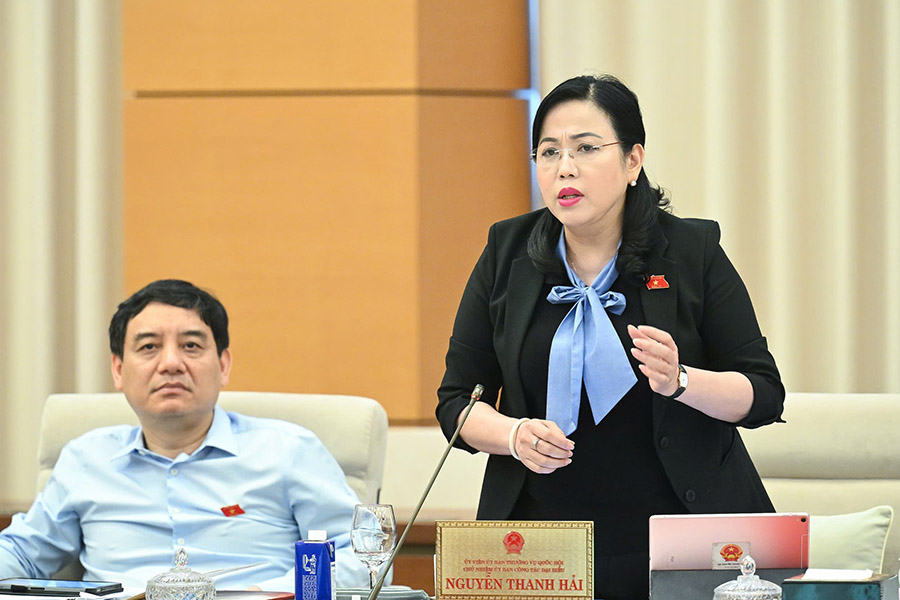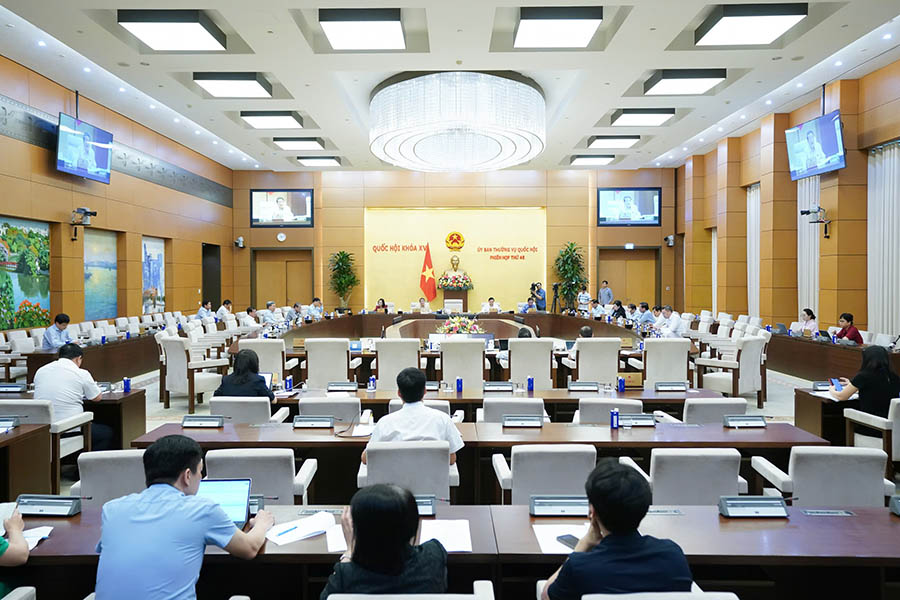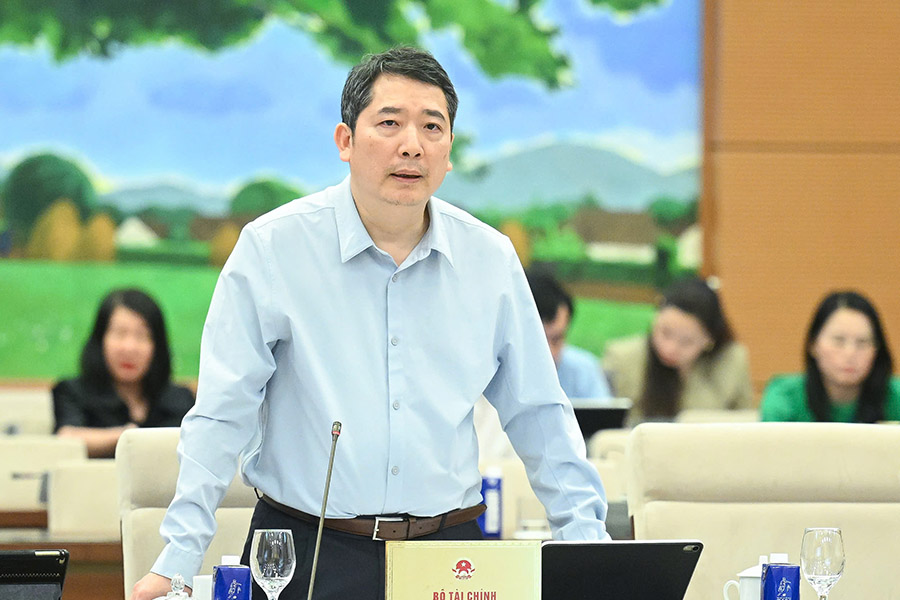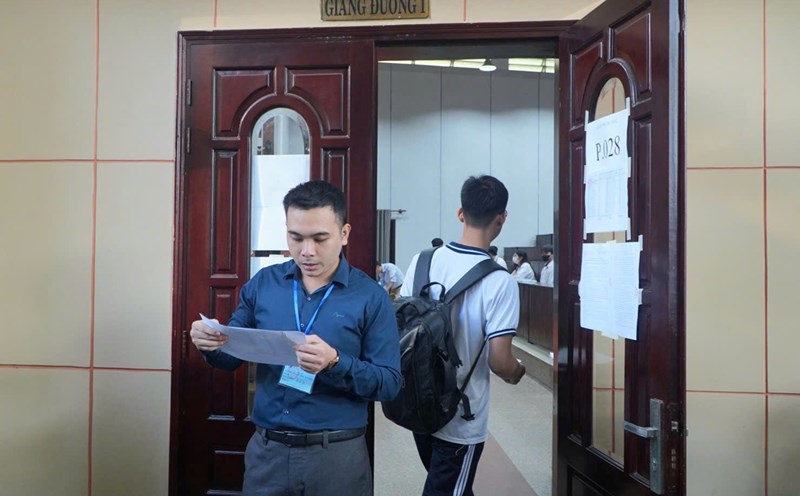On June 4, the National Assembly Standing Committee gave its opinion on the reception, explanation, and revision of the draft Law on Special Consumption Tax (SCT) amendment.
Participating in the speech, Chairman of the National Assembly's Committee on Culture and Society (VHXH) Nguyen Dac Vinh was concerned about the content of the special consumption tax on sugary soft drinks.
Giving an example of coca drinking water, according to Mr. Vinh, there are two types: sugary and another type: coca unsweetened (Light, using sweeteners but not producing energy) - " Suppose Cuba is taxed with sugar, but coca Light is not, or taxing both requires a scientific basis to explain".

Sharing the same concern, Chairman of the Delegation Affairs Committee Nguyen Thanh Hai said that taxing sugary soft drinks is an issue that is discussed a lot at the meetings. The tax can increase product prices, changing people's consumption orientation.
"For example, since coca is expensive due to tax, people can switch to using other products, such as sugarcane juice, black bean tea, and natural fruit juice, for example. So will it ensure whether the obesity rate will decrease or not," said Chairman of the Delegation Affairs Committee Nguyen Thanh Hai.

Accepting the above opinions, Deputy Minister of Finance Cao Anh Tuan said that in the explanatory report sent to the National Assembly Standing Committee, he also mentioned the scope of sugary soft drinks subject to tax and added taxable subjects.
Accordingly, the draft Law stipulates that sugary soft drinks subject to tax are products within the concept of Vietnamese standard soft drinks with sugar content over 5g/100ml, excluding drinks such as milk and dairy products; liquid foods for nutritional purposes; natural mineral water and bottled drinking water; vegetable, whole fruit and nectar (seed) vegetables, fruits and cocoa products.
"Therefore, products such as natural fruit juice, coconut water, dairy products, liquid foods used for nutritional purposes... are not subject to special consumption tax," Deputy Minister Cao Anh Tuan stated.

According to Mr. Tuan, according to statistics in 2012, only about 15 countries applied special consumption tax on sugary soft drinks. However, to date, 107 countries and territories have applied.
The above tax has brought about efficiency in both awareness and action from consumers, as well as manufacturers in reducing the amount of sugar in soft drinks and reducing the consumption of sugary soft drinks.
"Lands impose special consumption tax on sugary soft drinks from 20 - 40%. The Ministry of Health and specialized agencies also proposed 40%, which is very strong with this content.
However, this is a new regulation for our country, so the initial regulation is 8% in 2027, postponing the deadline to 2028. Such a roadmap and tax rate compared to the region and the world is very reasonable," said Deputy Minister Cao Anh Tuan.
After the discussion, Vice Chairman of the National Assembly Nguyen Duc Hai suggested that the drafting agency of the Law continue to review and coordinate with relevant specialized agencies to complete the explanatory report, ensuring persuasion when submitting it to the National Assembly, creating consensus.











